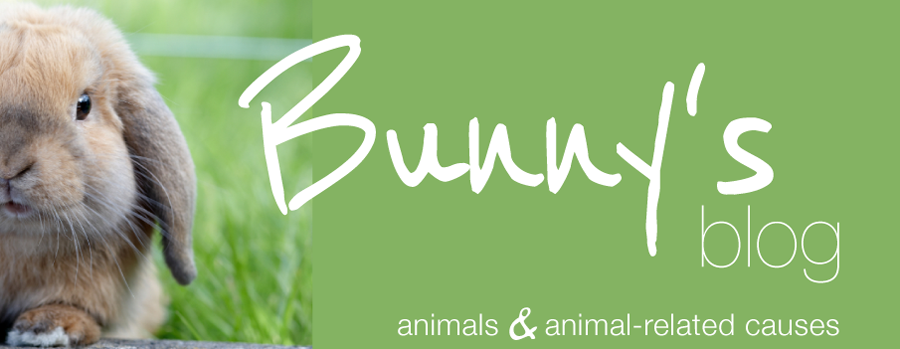In many areas, winter is a season of bitter cold and numbing wetness. Make sure your four-legged family members stay safe and warm by following these simple guidelines from the Humane Society of the United States:
Keep pets indoors and warm
The best prescription for winter's woes is to keep your dog or cat inside with you and your family. The happiest dogs are those who are taken out frequently for walks and exercise, but who are kept inside the rest of the time.
Take precautions if your pet spends a lot of time outside
If your dog is outdoors much of the day, he must be protected by a dry, draft-free shelter that is large enough to allow him to sit and lie down comfortably but small enough to hold in his body heat. The floor should be raised a few inches off the ground and covered with straw. The doorway should be covered with waterproof burlap or heavy plastic.
Help neighborhood outdoor cats
If there are outdoor cats in your area, remember that they need protection from the elements as well as food and water. It's easy to give them a hand. Learn more about how to care for outdoor cats.
Give your pets plenty of food and water
Pets who spend a lot of time outdoors need more food in the winter because keeping warm depletes their energy. Routinely check your pet's water dish to make certain the water is fresh and unfrozen. Use plastic food and water bowls; your pet's tongue can stick and freeze to metal.
Be careful with outdoor cats, wildlife and cars
Warm engines in parked cars attract cats and small wildlife, who may crawl up under the hood. To avoid injuring any hidden animals, bang on your car's hood to scare them away before starting your engine.
Protect paws from salt
Salt and other chemicals used to melt snow and ice can irritate the pads of your pet's feet. Wipe all paws with a damp towel before your pet licks them and irritates his mouth.
Avoid antifreeze poisoning
Antifreeze is a deadly poison, but it has a sweet taste that may attract animals and children. Wipe up spills and keep antifreeze out of reach. Coolants and antifreeze made with propylene glycol are less toxic to pets, wildlife and family. Read more about pets and antifreeze.
Speak out if you see a pet left in the cold
If you encounter a pet left in the cold, document what you see: the date, time, exact location and type of animal, plus as many details as possible. Video and photographic documentation will help bolster your case. Then contact your local animal control agency or county sheriff's office and present your evidence. Learn more here.
For more information on protecting your pets in cold weather, visit http://bit.ly/15Tac50


No comments:
Post a Comment